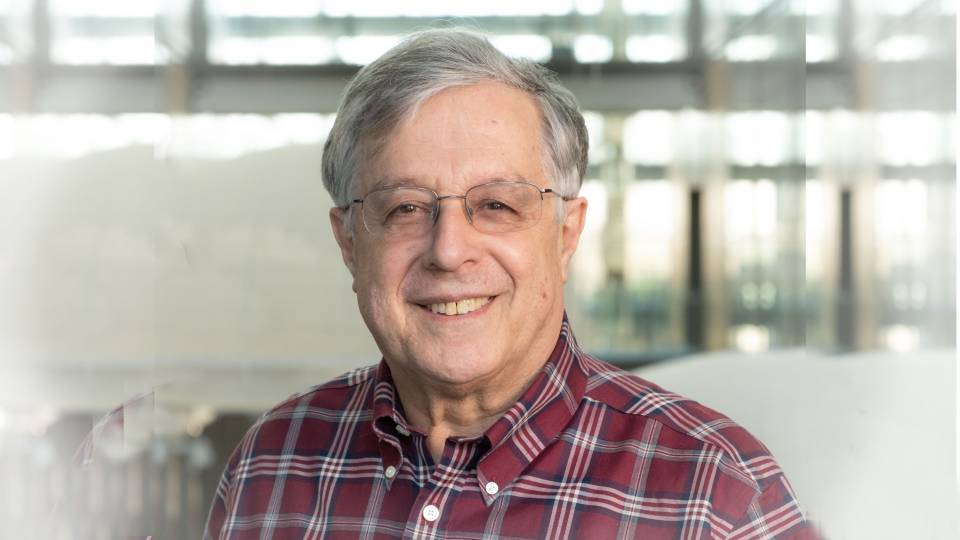Roberto Car(Link is external), the Ralph W. Dornte *31 Professor in Chemistry(Link is external) at Princeton, has been selected to receive a Humboldt Research Award.
The award is granted in recognition of lifetime achievements in research and honors the academic accomplishments of internationally recognized scientists and scholars. Award winners are invited to conduct research in Germany and are able to organize their stay on a flexible basis.
Building on the fundamental laws governing the interactions of electrons and nuclei, Car develops theories that predict the behavior of complex molecules and materials. A theory, “ab-initio molecular dynamics,” that he co-wrote in 1985 with Michele Parrinello is widely used in theoretical computations of numerous problems in physics and chemistry. Such theories advance science by allowing researchers to study and predict complex behaviors in materials.
Car received a doctorate in physics from the Milan Institute of Technology. Before joining the Princeton faculty in 1999, he worked at the University of Milan, the Swiss Federal Institute of Technology, the IBM T.J. Watson Research Center, the International School for Advanced Studies in Trieste, Italy, and the University of Geneva. He is a fellow of the American Physical Society and was awarded the society’s Raman Prize for Computational Physics in 1995.
The Humboldt award will enable Car to work for six months at the Fritz Haber Institute of the Max Planck Society in Berlin, where he will collaborate with colleagues in the institute’s theory department. He hopes to further extend the conceptual and practical foundations of ab-initio molecular dynamics. He also plans to apply methods from electronic structure theory to chemical and materials science problems.
In addition to Princeton’s Department of Chemistry, Car is a fellow of the Princeton Center for Theoretical Science and is affiliated with the Department of Physics, the Princeton Institute for the Science and Technology of Materials and the Program in Applied and Computational Mathematics. He also is affiliated with the Princeton Institute for Computational Science and Engineering as a member of its steering committee.


